Projects
Individual Development
To the project browser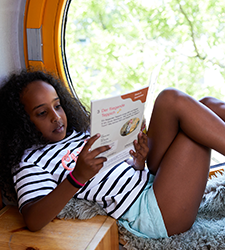
LEGA
The LEGA project analyses the use of reading strategies by primary school children. It compares the use of reading strategies between class levels and relates this to existing vocabulary and contextual information. The aim is to find out more about the conditions under which efficient (retrieval) strategies, which are important for fluent reading, are used and how this use can be supported.
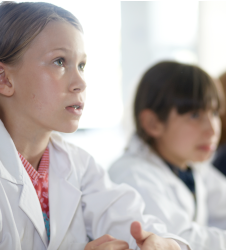
EMMA
The EMMA project investigates what emotions children report after failures, how children adjust their goals after failures, and the role of emotions and evaluation of failure in goal adjustment.
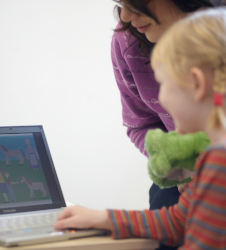
DigitLern
The DigitLern project aims to explore the opportunities and challenges of (digital) distance learning and teaching during the coronavirus pandemic for children and young people with learning difficulties.
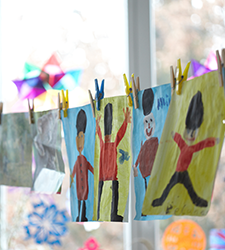
meRLe
The meRLe project explores ways to promote German reading skills using multilingual-sensitive reciprocal teaching in primary education.
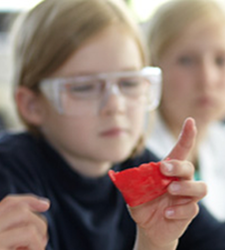
PREDICT
This project evaluates the potential of predictions generated by students to improve their learning. Further, it investigates the mechanisms that determine its success and asks whether there are age-related differences in its effectiveness.
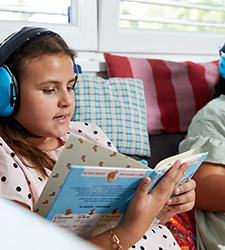
iLearn
This project evaluates the potential of computerized formative assessment to support reading acquisition of children with reading difficulties. Formative assessment enables teachers to adapt their teaching methods to the individual learning progress of their students.

RESI
The project RESI investigates the relationship between individual cognitive variables and arithmetic strategies in primary-school children.
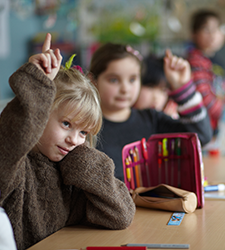
SLICES
The project SLICES examines, whether the thin slices technique can be used to efficiently study educational processes in very large samples, such as they are common in large scale assessments. The study focuses on the “constructive handling of student errors” in the classroom, an indicator of teaching and learning that is considered to be of particular importance for adaptive interactions with heterogeneous groups of learners.
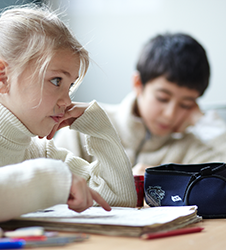
LeA-Training
The focus of project LeA-Training is to investigate a reading fluency training program. The project aims at identifying the underlying mechanisms resulting in reading improvement to effectively implement the training for children with reading difficulties.
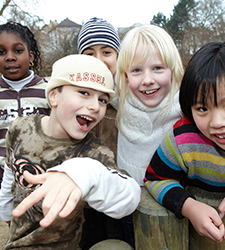
SelF
The project SelF deals with the implementation of specific self-regulatory strategies in different areas of application.